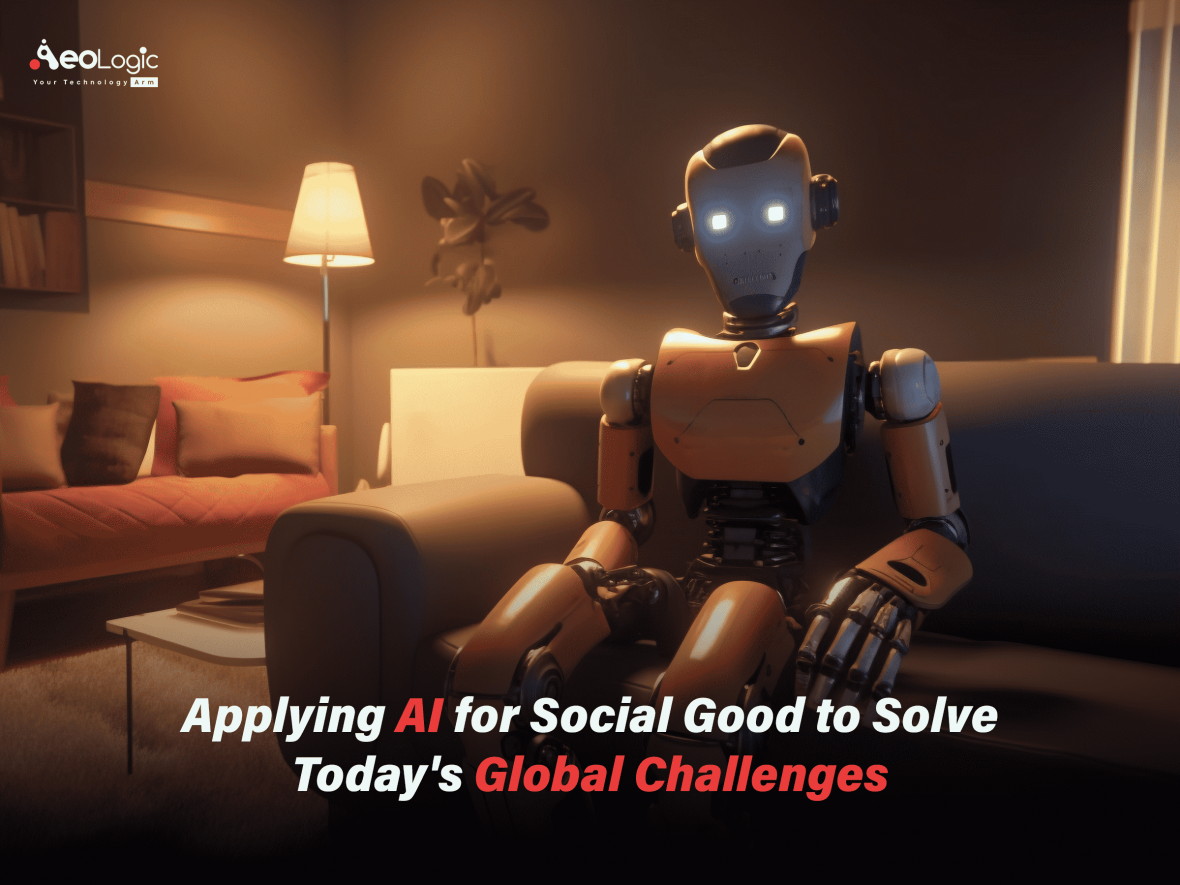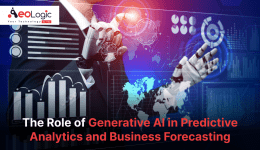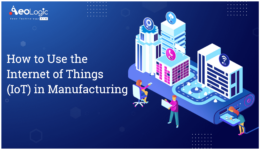Introduction
Artificial intelligence has set up numerous operations in several sectors. Most lately, a field that has been growing both in fashionability and traction is applying AI for social good. Although AI isn’t the remedy for the world’s most grueling social and environmental problems, it can offer resources for diving some pressing issues and deliver positive issues.
Numerous companies have started uniting with non-profit associations devoted to working some of the global social, profitable and environmental challenges or have invested in enterprise that use AI to ameliorate social diversity, equity, addition and sustainability.
Also read: The Importance of Artificial Intelligence in Everyday Life
The Tech Titans and AI for Good Enterprise
Nonetheless, that’s the tech titans and their AI for social good enterprise, if organisations can take a good illustration of AI for social good from someone. The world’s tech leaders have whole business enterprise where they invest resources in structure AI results for social good or help organisations that are working on positive social enterprise.
For example, Google AI For Social Good works on addressing some of the biggest social and environmental challenges similar as developing systems for predicting floods, helping people with atypical speech be more understood, anticipate cardiovascular problems by eye checkup, and Google Research India’s AI4SG action that supports associations from India and across Asia fastening on addressing social, philanthropic and environmental challenges with AI. AI automation solutions for social good operations for working global challenges apart from the tech titans and their AI for good enterprise, there are also multitudinous exemplifications where AI is applied to handle the most burning social and environmental challenges.
Fight Against COVID- 19
The IBM’s action helped halt the spread of the Zika contagion. In the most recent case, AI for social good was enforced to fight the COVID- 19 epidemic. As a global epidemic with numerous variables and unknown traits of the contagion, modelling the COVID- 19 contagion to stop its spread proved extremely delicate. To help the community of epidemiologists, judges and experimenters address the health and profitable impacts of the virus, teams from Google with the help of Google Cloud have developed a COVID- 19 Open Data depository. It is a comprehensive, open- source resource of COVID- 19 epidemiological data and related variables like profitable pointers or population statistics from over 50 countries.
Crisis Situation Response
AI can also help in numerous extremity situations similar as responses to natural and human-made disasters in search and rescue operations. In 2020, Stanford researchers developed a deep- learning model that maps energy humidity situations for better fire anticipation during the forest fires that raged across the Western U.S. zones. Their models made use of intermittent neural network, an artificial intelligence system that can learn to identify patterns in vast mountains of data. The researchers trained the model on 3 times of data for 239 spots across the American West. The model affair was put into an interactive chart that helped fire departments to prioritise response.
Environmental Challenges and Climate Change
In the last several times, we have been witnessing stronger signs that climate change is getting worse. Experts advise that if we do not take serious conduct now, the environmental and economic damages caused by climate change will be irrecoverable. The zero-carbon transition requires measures that reduce greenhouse gas emigrations. And make adaptability towards rainfall-related disasters. Luckily, promising AI operations have been developed that help use the troves of data generated from different sectors. To optimise how we use natural resources. More specifically, AI along with IoT solutions can help with impact and resource decoupling. Which means dwindling environmental detriment. Including CO2 emigrations, per unit of profitable affair. Some of the ways AI can help do impact decoupling this are:
- Predicting the supply and demand of power in the grid, perfecting the scheduling of renewables. And reducing the life-cycle reactionary energy emigrations through predictive maintenance.
- In transportation, AI can enable more accurate business prognostications and optimisation of freight transportation. To help model demand and participated mobility options.
- In managing the waste and adulterants that affect human and livestock health and destroy biodiversity. AI can help make better climate change prognostications in order to preside these ecosystems.
AI also plays a part in resourcing decoupling. Meaning decoupling of economic affair from the volume of resources used from the terrain similar as resources, water and land. For illustration, AI used in food systems can enable better monitoring crop yields. Also, reducing the need for chemicals and redundant water through smart agriculture. And minimising food waste through predicting demand and relating produce yield. Lastly but not the least, AI can contribute to sustaining biodiversity. Thereby detecting wildlife poaching by using AI-powered image bracket and object discovery. And illegal logging in vulnerable forest areas by analysing audio-detector data.
Fighting Hunger and Poverty
The fight against poverty and hunger is one of today’s topmost global challenges, as described by the United Nations. Nonetheless, poverty is caused by different factors, like lack of affordable food, low situations of education and expertise, natural disasters, and pandemics, among the most common, and there’s no “ silver pellet ” for diving this problem, states Elisabeth Mason, founding director of the Stanford Poverty & Technology Lab for NBS News.
But scientists have set up a way to harness AI to fight this socio-profitable challenge. Some of the ways researchers are employing AI to this issue is to pinpoint the regions most in need. Design results to ameliorate agriculture. As well as increase access to education and ameliorate knowledge.
Also read: Revolutionizing IT Management with Artificial Intelligence
Final Studies
The business operations of artificial intelligence (AI) have been there over the news. Sectors ranging from manufacturing to insurance are enforcing ways to use artificial intelligence. Futhermore, occasionally alongside other arising technology like machine learning.
Get in touch with us if you want to incorporate artificial intelligence into your business.







